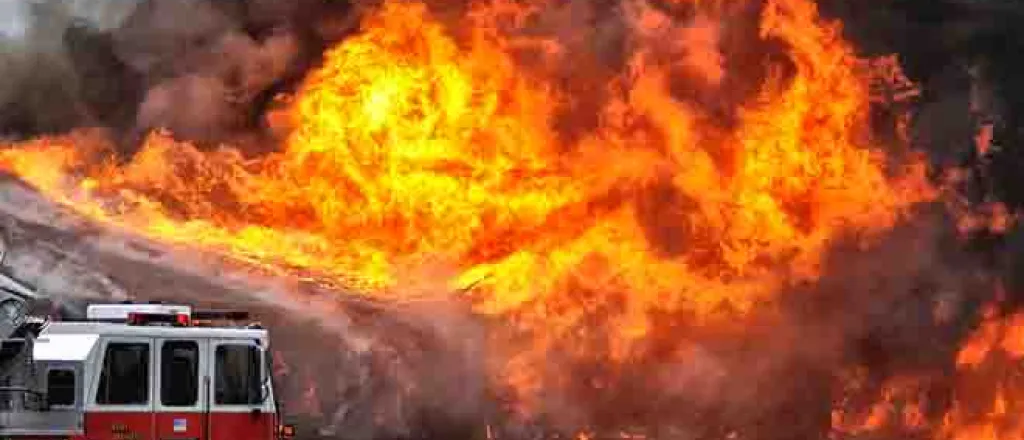
Colorado lawmakers approve $6M property tax reimbursement for local governments impacted by Marshall fire
(The Center Square) – A Colorado legislative committee has approved sending $6 million to county governments affected by the Boulder fires to cover lost property tax revenue.
The Joint Budget Committee, the bipartisan committee tasked with overseeing the state's budget process, approved the funds to be transferred from the state's general fund to the Treasury Department before being deposited in county coffers.
“The Boulder County community took a huge hit when the Marshall Fire destroyed homes and devastated families, and we know they’re desperate for relief,” JBC Vice Chair Sen. Dominick Moreno, D-Commerce City, said in a statement. “While affected communities continue to rebuild and recover, we’re channeling critical funds to help offset the property taxes they lost due to the wildfires."
"Moving forward, we will continue to find ways to provide additional relief to these communities so we can support them in their recovery process," he added.
In late December, the Marshall fire started in southeastern Boulder County and quickly spread throughout the neighboring towns of Louisville and Superior. In all, the fire destroyed more than 1,100 structures, most of which were residential homes. It caused an estimated $513 million in total damage to residential homes alone.
“When cities and towns lose critical revenue, it means they don’t have the resources necessary to support vital services that keep their communities thriving – like schools, infrastructure, police and fire protection, and other local needs,” said Sen. Chris Hansen, D-Denver. “These communities have been through a lot over the last month and we know how important it is to get folks help as soon as possible, which is why we’re taking this important step and delivering this urgently-needed relief.”
Colorado also suffered extreme wildfires during the 2020 season, which state wildfire experts have described as “one of the worst wildfire seasons in its history.”
















